- You are here:
- Home /
- Products /
- Alloy Steel /
- Monel Alloys /
Monel 405 (UNS N04405) Nickel-Copper Alloy Rods - Technical Manual
Monel 405 is a free-machining variant of Monel 400, optimized with added sulfur (0.025-0.060%) to improve machinability while retaining the base alloy’s exceptional corrosion resistance. Key features:
- Superior resistance to seawater, acids (HF, H₂SO₄), and alkalis.
- Excellent mechanical properties from cryogenic to 480°C.
- Enhanced chip-breaking during machining compared to Monel 400.
- Non-magnetic and low sparking, ideal for hazardous environments.
Chemical Composition (wt%)
Element | Content (%) | Role |
Ni (Nickel) | 63.0 min | Base, provides corrosion resistance and ductility. |
Cu (Copper) | 28.0–34.0 | Enhances resistance to reducing media. |
Fe (Iron) | ≤2.5 | Balances mechanical properties. |
Mn (Manganese) | ≤2.0 | Deoxidizer, improves hot workability. |
C (Carbon) | ≤0.3 | Minimized to prevent intergranular corrosion. |
Si (Silicon) | ≤0.5 | Enhances fluidity in casting. |
S (Sulfur) | 0.025–0.060 | Improves machinability (key difference vs. Monel 400). |
Others | ≤0.5 (combined) | Trace elements controlled for purity. |
1. Performance characteristics
(1) Excellent corrosion resistance
Monel 405 alloy exhibits extremely low corrosion rates in seawater, acidic media (such as sulfuric acid, hydrochloric acid) and alkaline environments, especially in chemical environments containing chloride ions, where its resistance to stress corrosion cracking is outstanding. Its corrosion resistance is comparable to that of Monel 400, but it is more suitable for high salt spray or strong oxidizing environments.
(2) Good mechanical properties
Strength: Tensile strength in the annealed state is approximately 448~793 MPa, yield strength is 172~724 MPa, and elongation is 50%~15%.
Work hardening: Strength can be further improved through cold working, but attention should be paid to the hardening tendency during processing.
Low-temperature toughness: Maintains stable performance in the range of -196℃ to 538℃, suitable for extreme temperature environments.
(3) Excellent cutting and welding performance
Compared with other Monel alloys, 405 has better cutting performance and is suitable for manufacturing threaded parts; it is also compatible with arc welding, inert gas shielded welding and other processes, making it easy to process complex components.
2. Main applications
(1) Chemical and petroleum equipment
Used to manufacture corrosion-resistant pipes, valves, pump bodies and heat exchangers, especially suitable for oil and gas production environments containing sulfur and chlorine.
(2) Marine engineering
As propeller shafts, condenser pipes and marine fasteners, resisting seawater erosion and cavitation.
(3) High-temperature industrial parts
Used as furnace parts, heater components in high-temperature oxidizing environments below 538°C, or used in conjunction with Monel 400.
(4) Special threaded parts
Due to its excellent cutting performance, it is often processed into threaded bolts, nuts and other connectors, suitable for corrosive working conditions.
Surface Treatment
- Hot-finished rods:Scalped or turned, oxide layer removed.
- Cold-finished rods:Ground/polished to Ra ≤0.8 μm (mirror finish available).
- Optional:Passivation (nitric acid) for enhanced corrosion resistance.
Why Choose Us ?
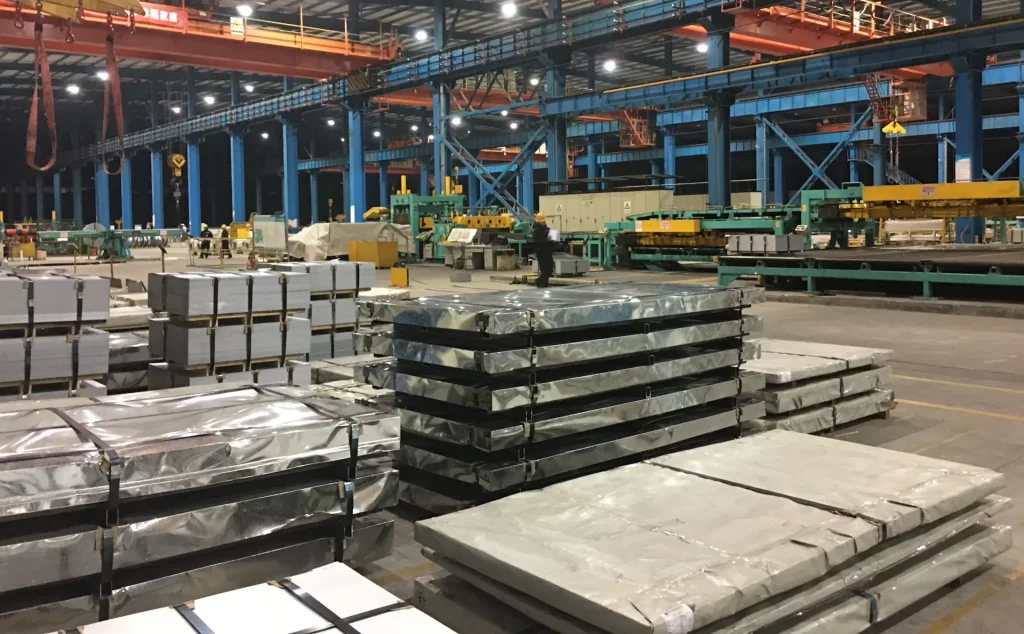
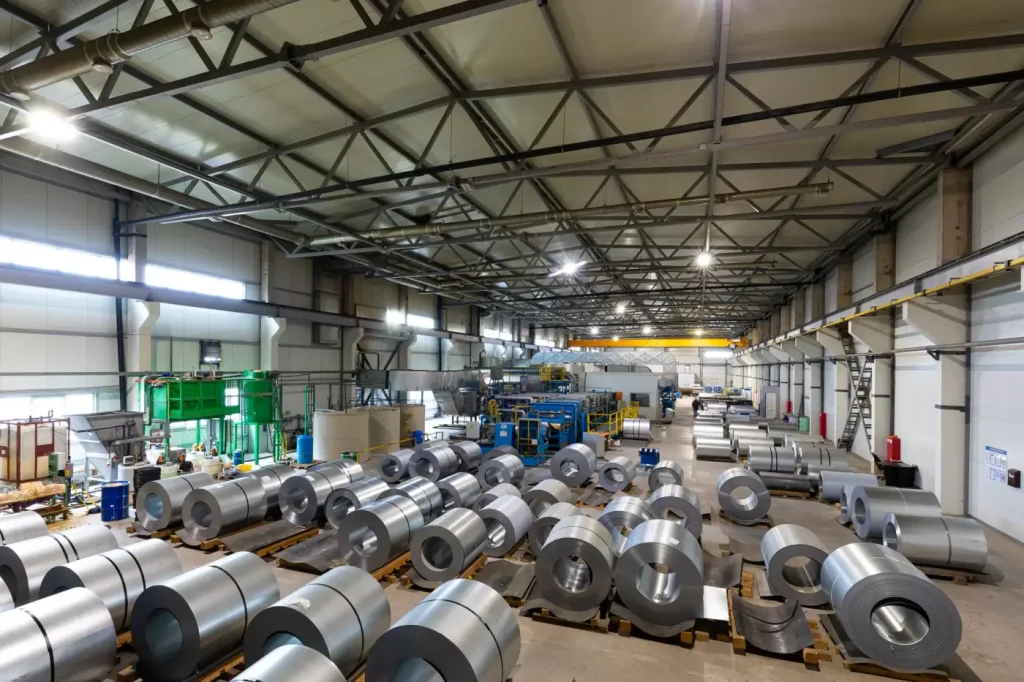
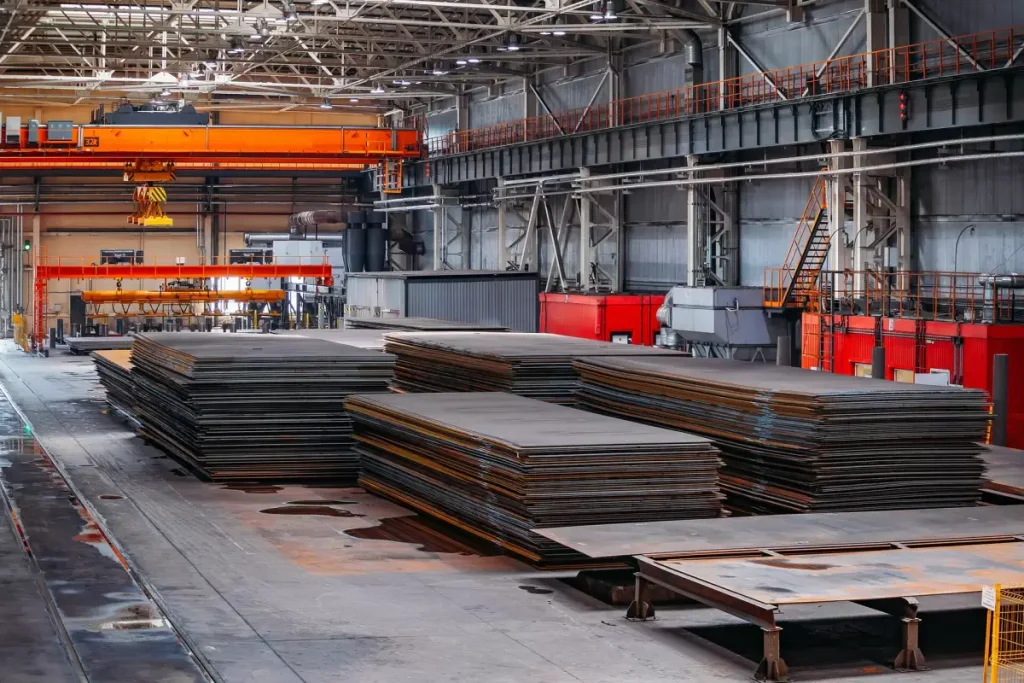
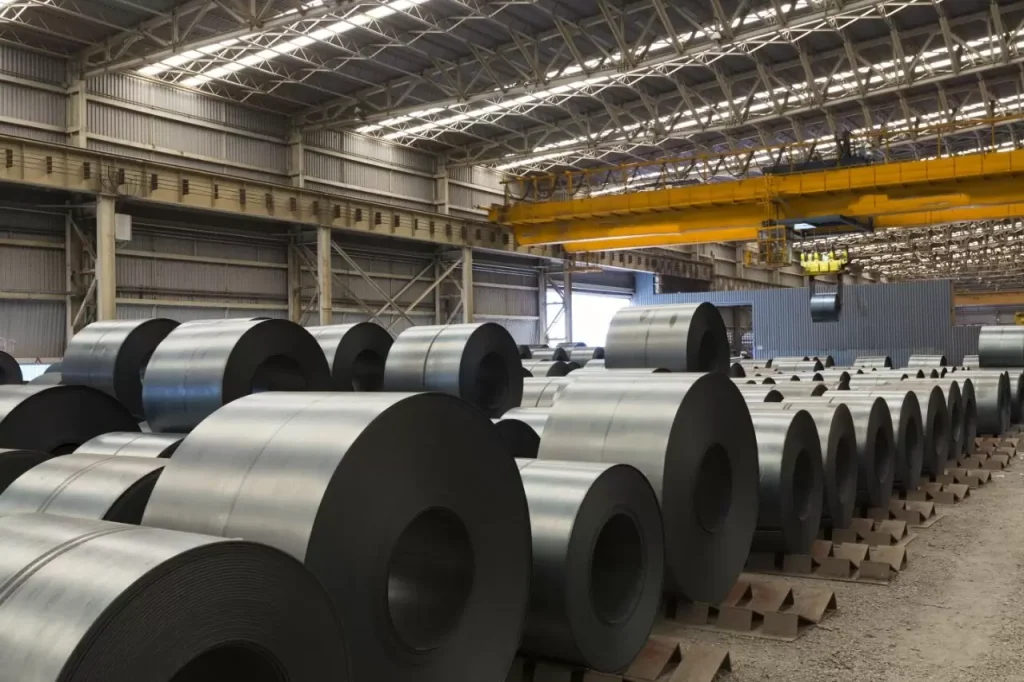
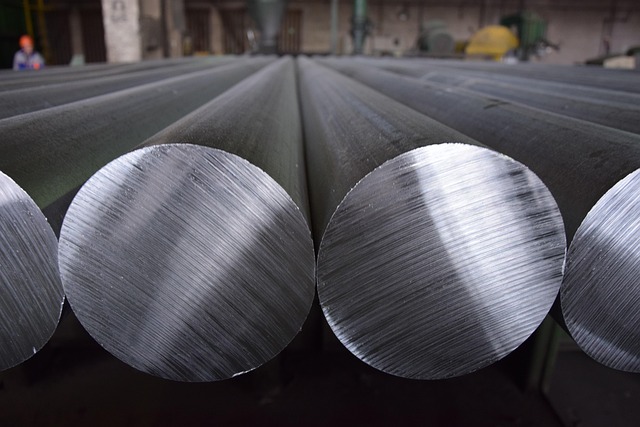
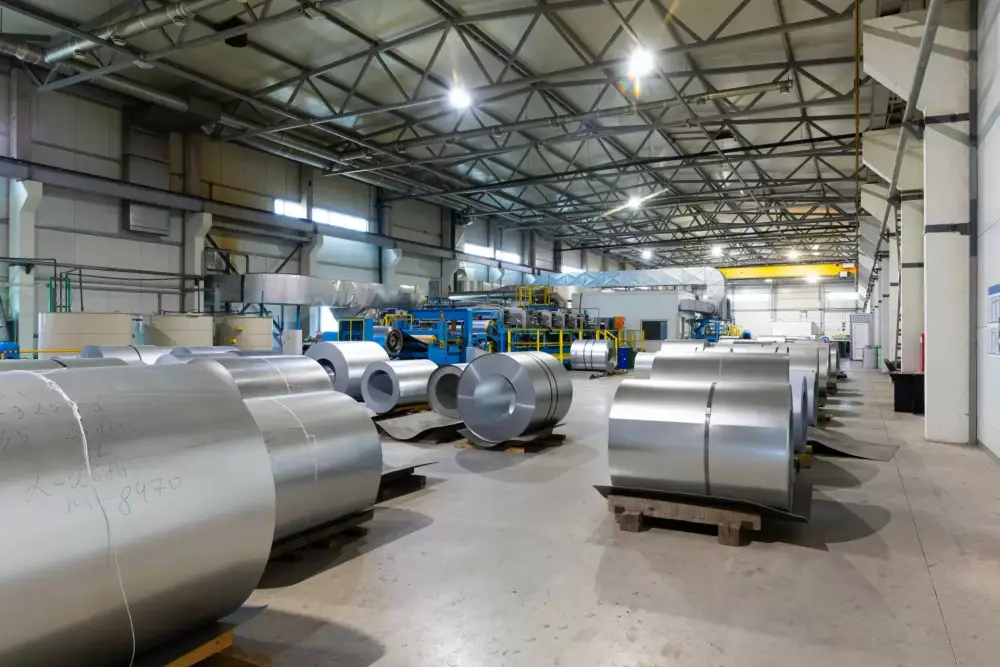
- Certified Quality:ASTM B164/ASME SB164 compliant with MTC (Mill Test Certificates).
- Custom Sizing:Diameters 5mm–300mm, lengths up to 6m (cut-to-length service).
- Inventory Ready:Immediate shipment for standard specs.
- Technical Support:Alloy selection guidance and post-sale metallurgical consultation.
Applications & Industries
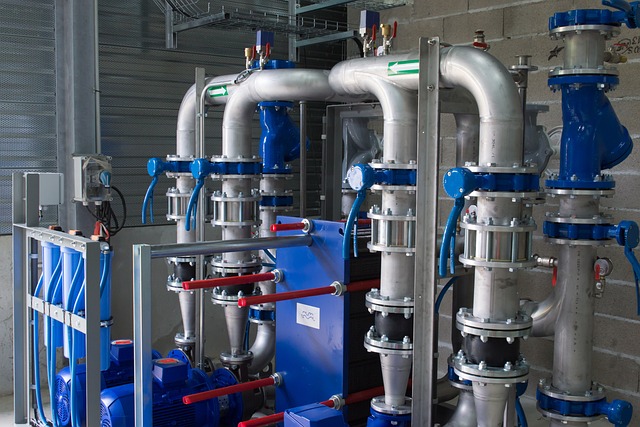
Aerospace:
High-power density actuators.
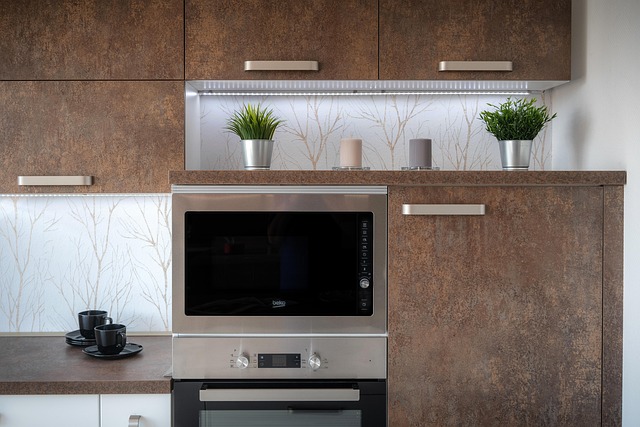
Electronics:
Precision sensors & MEMS components.
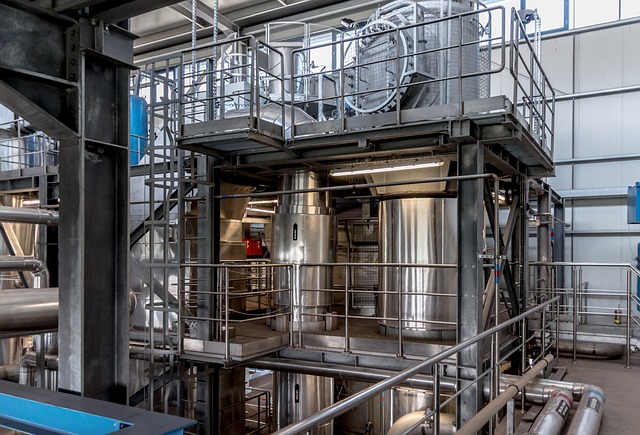
Energy:
Magnetic coupling devices for turbines.
Frequently Asked Questions
Q1: How does Monel 405 compare to Monel 400 in welding?
A: Similar weldability but use low-sulfur filler metals (e.g., ERNiCu-7) to avoid hot cracking.
Q2: Can it be hardened by heat treatment?
A: No – it’s strengthened only by cold working (e.g., cold drawing).
Q3: Maximum continuous service temperature?
A: 540°C (oxidizing) or 480°C (reducing atmospheres).
Q4: Lead time for non-standard sizes?
A: 3–4 weeks for custom diameters >300mm.
Q5: What standards apply?
A: ASTM B127 (sheet), ASTM B164 (bar), UNS N04405.
Ready to source alloy steel from a trusted Chinese manufacturer?
Let us support your project with reliable quality, fast delivery, and expert service.
Get a quote today — we usually respond within 12 hours.

